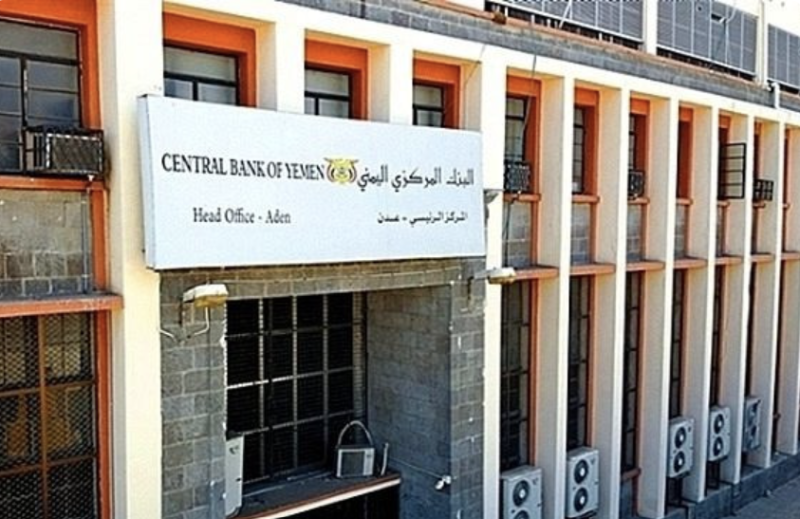Tens of thousands of public sector health workers across the country haven't been paid in a year


Photo: Dr.Ahmed al Jouneid, head of the emergency department, tends to a patient at the Al Koweit university hospital in Sana’a.
Yemen’s public health staff have not received their regular salaries in a year, bringing medical services to the edge of collapse, said the international medical humanitarian organization Doctors Without Borders/Médecins Sans Frontières (MSF) in a report released today.
MSF is calling for an urgent response from Yemeni authorities and the international community to ensure that health workers are paid immediately. Providing sufficient remuneration would be a lifesaving intervention; failure to do so will accelerate the demise of the public health system and have fatal consequences. Preventable illnesses and deaths are increasing in Yemen, partly due to the non-payment of salaries for public medics and consequent lack of access to adequate care.
Living in a country at war for the past two and a half years, civilians in Yemen have endured bombing, fighting, mass displacement, and the spread of diseases. Most of the estimated 1.2 million Yemeni civil servants have received little to no salaries for the past year, including tens of thousands of public sector health workers across the country. MSF’s report, Saving Lives Without Salaries, outlines the public health impact of non-payment of salaries to medical staff. The report is based on MSF’s experience in the country and includes the testimonies of MSF and Ministry of Public Health and Population medical teams, patients, and their families.
The massive ongoing cholera epidemic, which was declared in June, is a stark example of the public health impact of failing to ensure that medical staff salaries are paid. According to World Health Organization figures, 700,000 people have been treated for suspected cholera since April.
Unpaid salaries are driving the collapse of the already weak public health system, the backbone of which are the doctors, nurses, midwives and other health personnel. Medical staff in Yemen continue to work despite the catastrophic effects of war. They witness the death of loved ones, and provide medical care in health facilities that often come under attack.
“The commitment we see every day from government staff is humbling,” said Melissa McRae, MSF’s medical coordinator in Yemen. “Working for a year without pay, many are doing whatever possible to keep health services running, however minimally, while wondering how to keep their families fed, clothed, and safe. Others have had to seek alternative employment or charge patients for medical care that should be available for free.”
In addition to inadequate staffing, many facilities also face supply shortages.
“People don’t understand that we don’t always have drugs; we need to use our own money to buy the medication,” said a nurse at the government Al-Khamees health center in Hodeida Governorate, where MSF runs a mobile clinic once a week. Patients are often frustrated when medical staff don’t have essential supplies. “People shout at us, ‘Why are you here?!’"

Aden — The United States Ambassador to Yemen underscored the critical importance of safeguarding the independence of the Central Bank of Yeme…

Sana’a – A new international report has confirmed that Houthi militias continue to escalate economic measures against the commercial se…

Aden — For three decades prior to the outbreak of war, Yemen’s oil and natural gas sector played a decisive role in shaping the country…